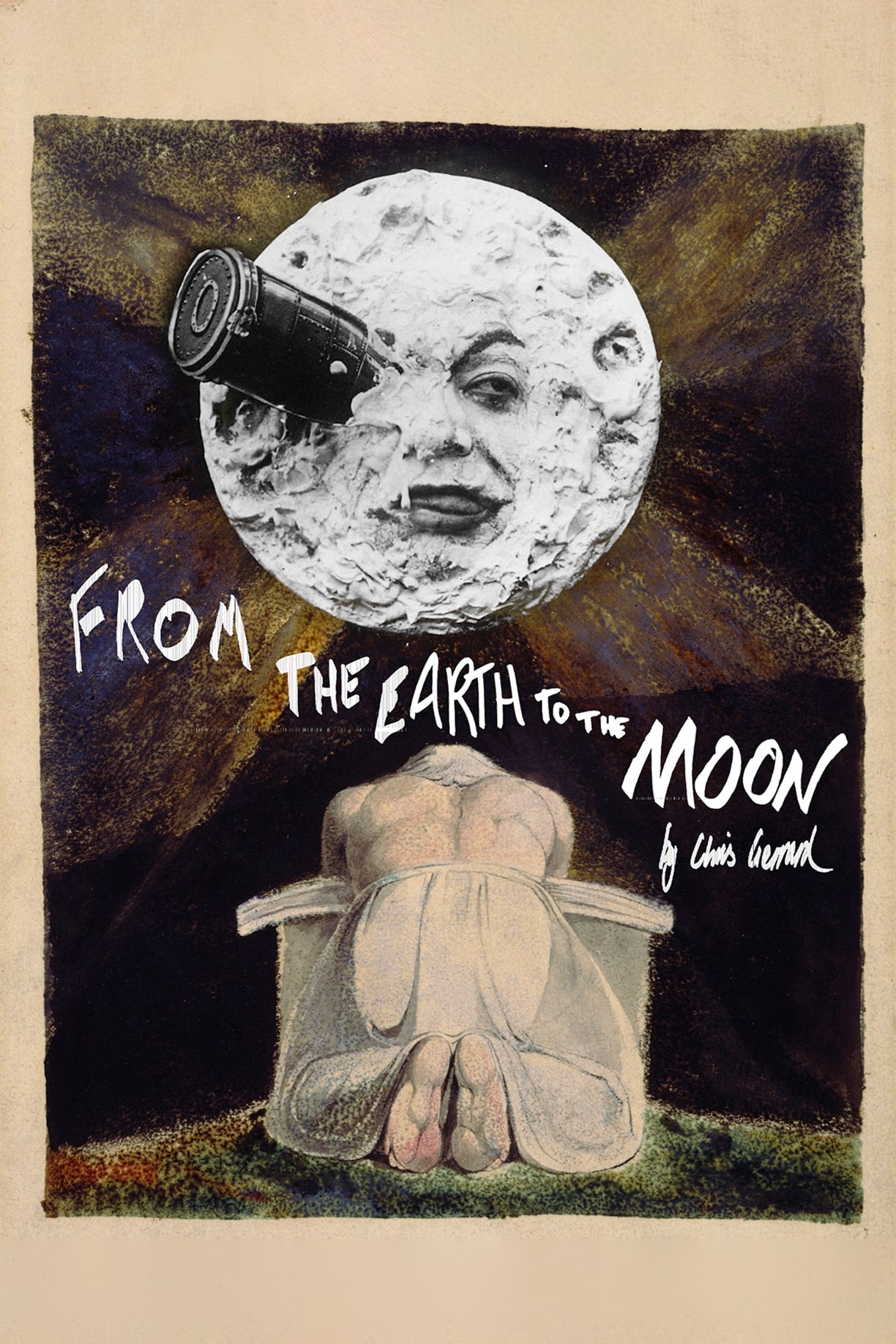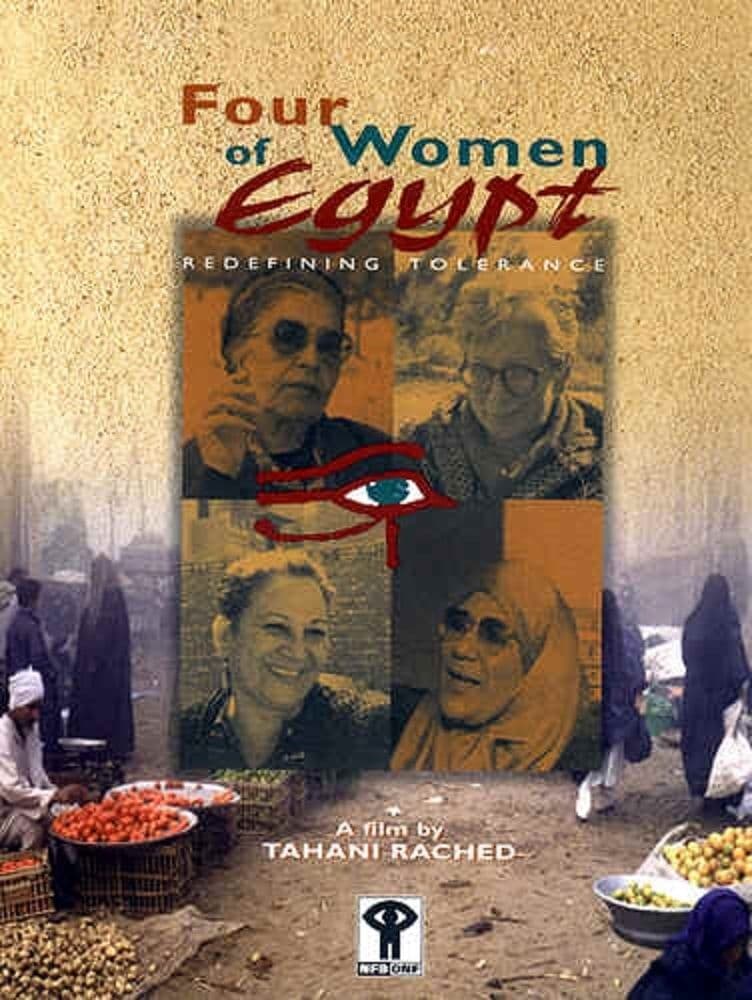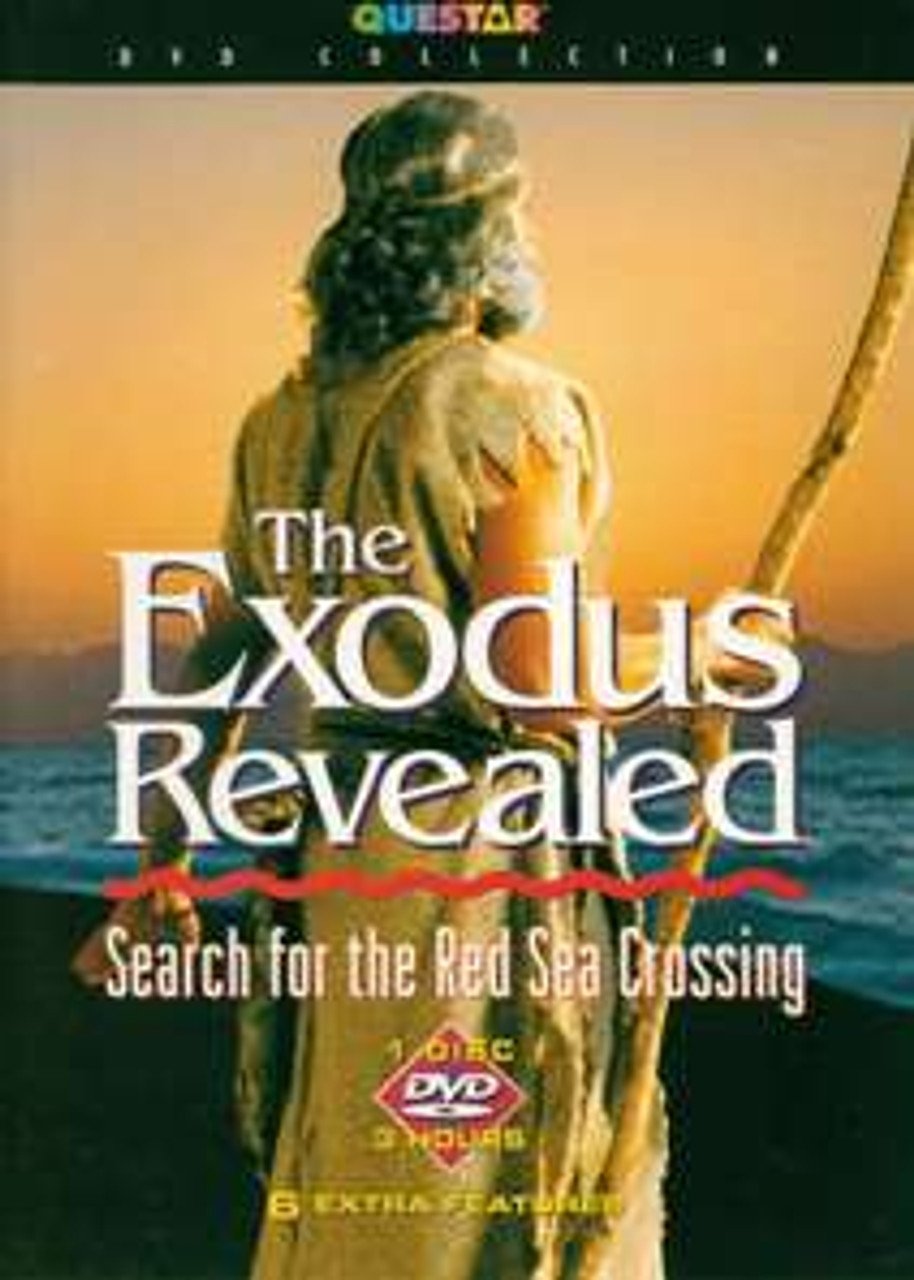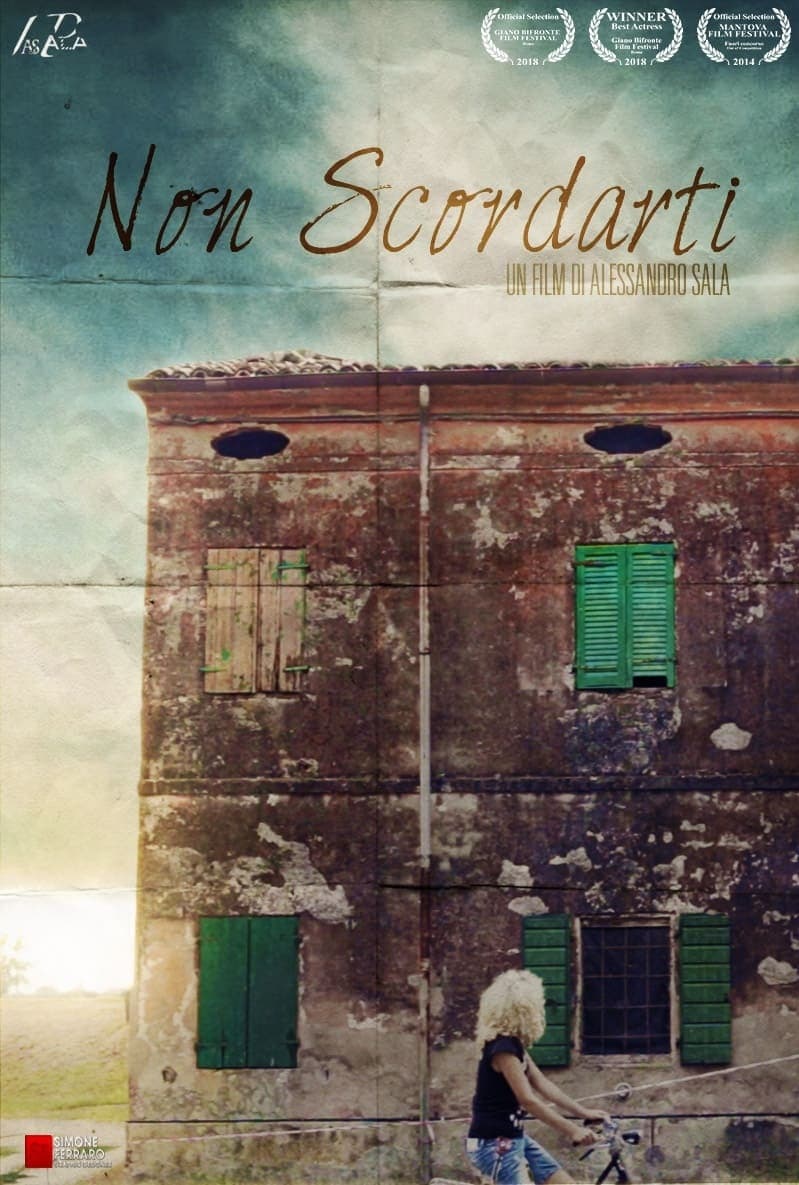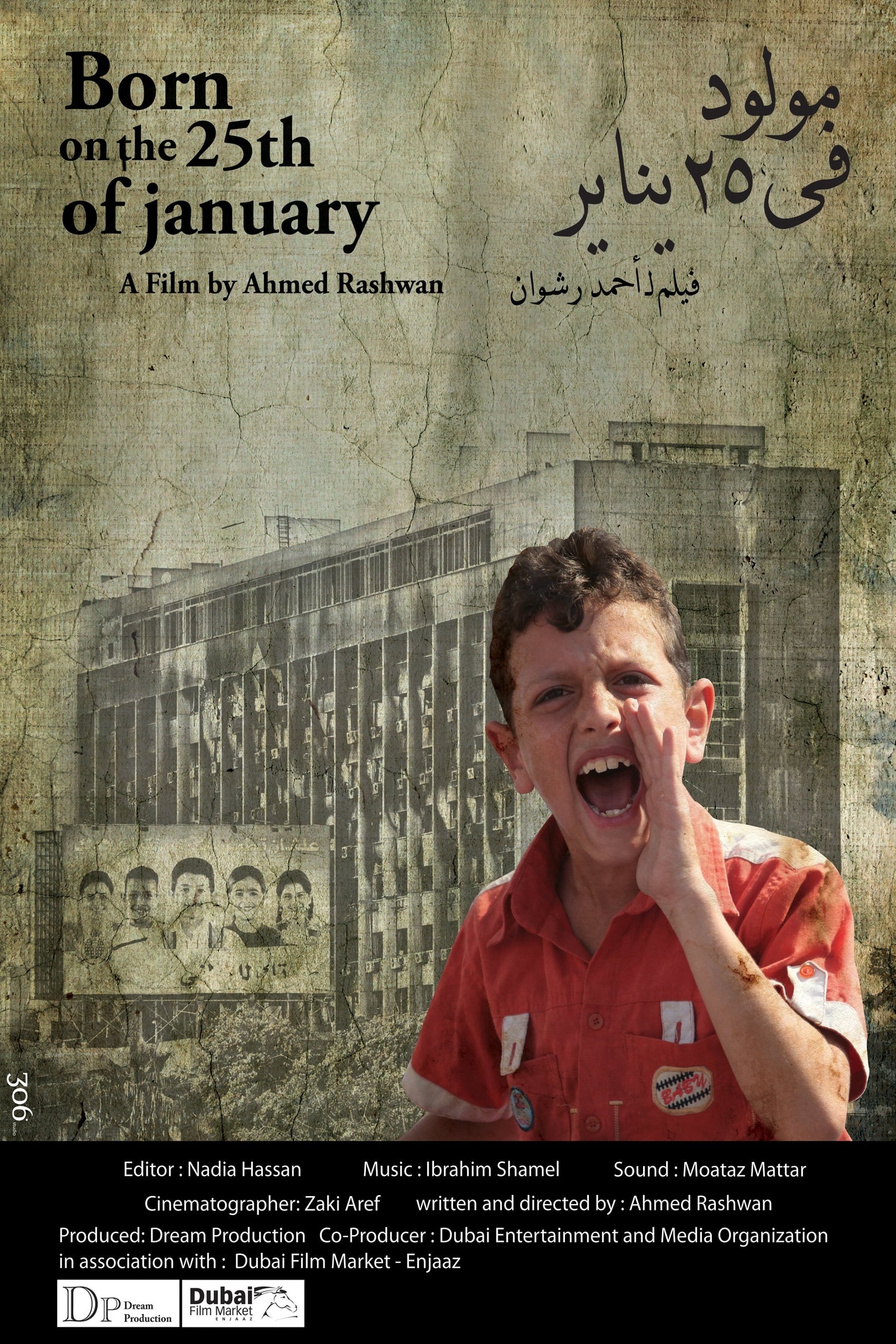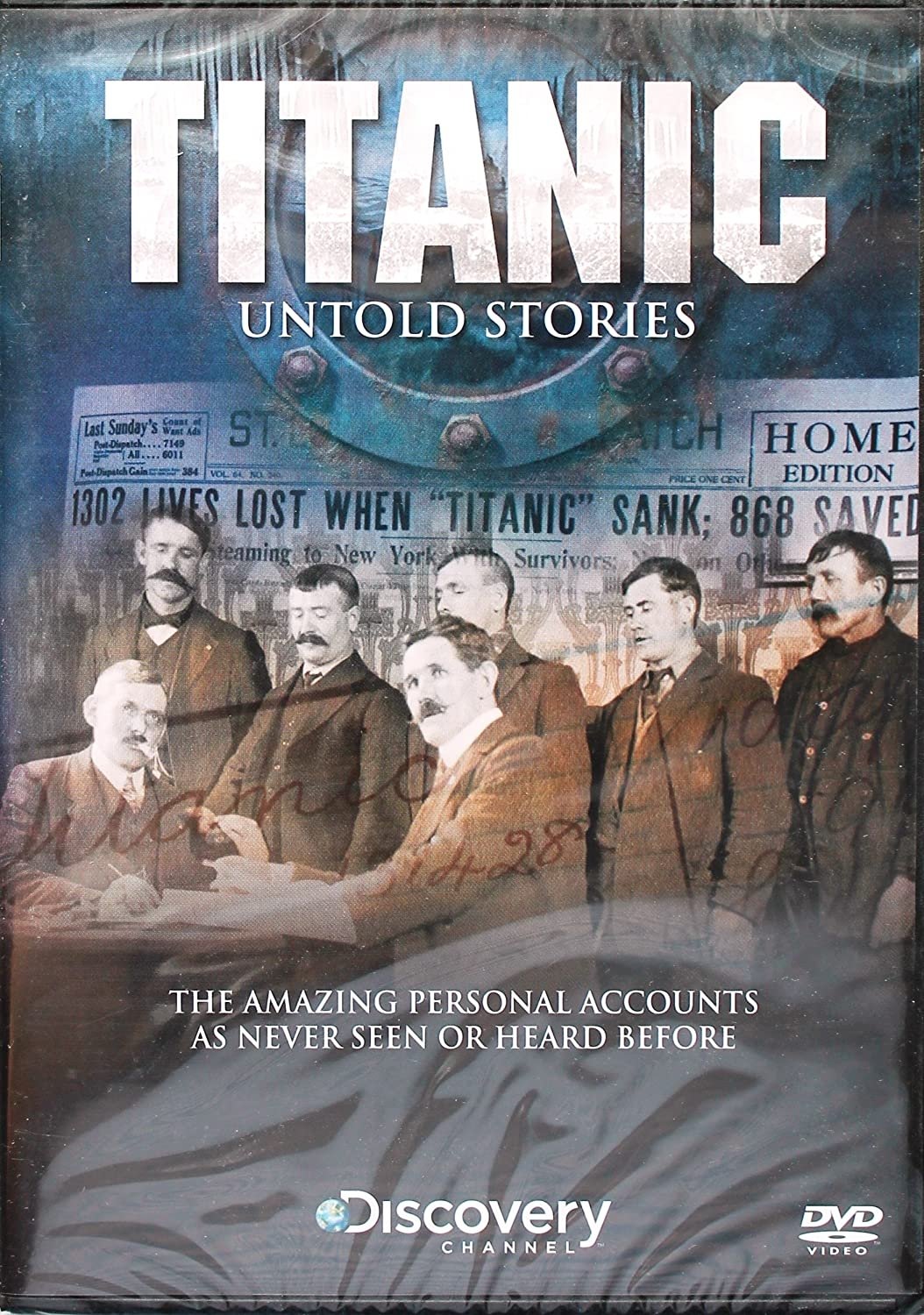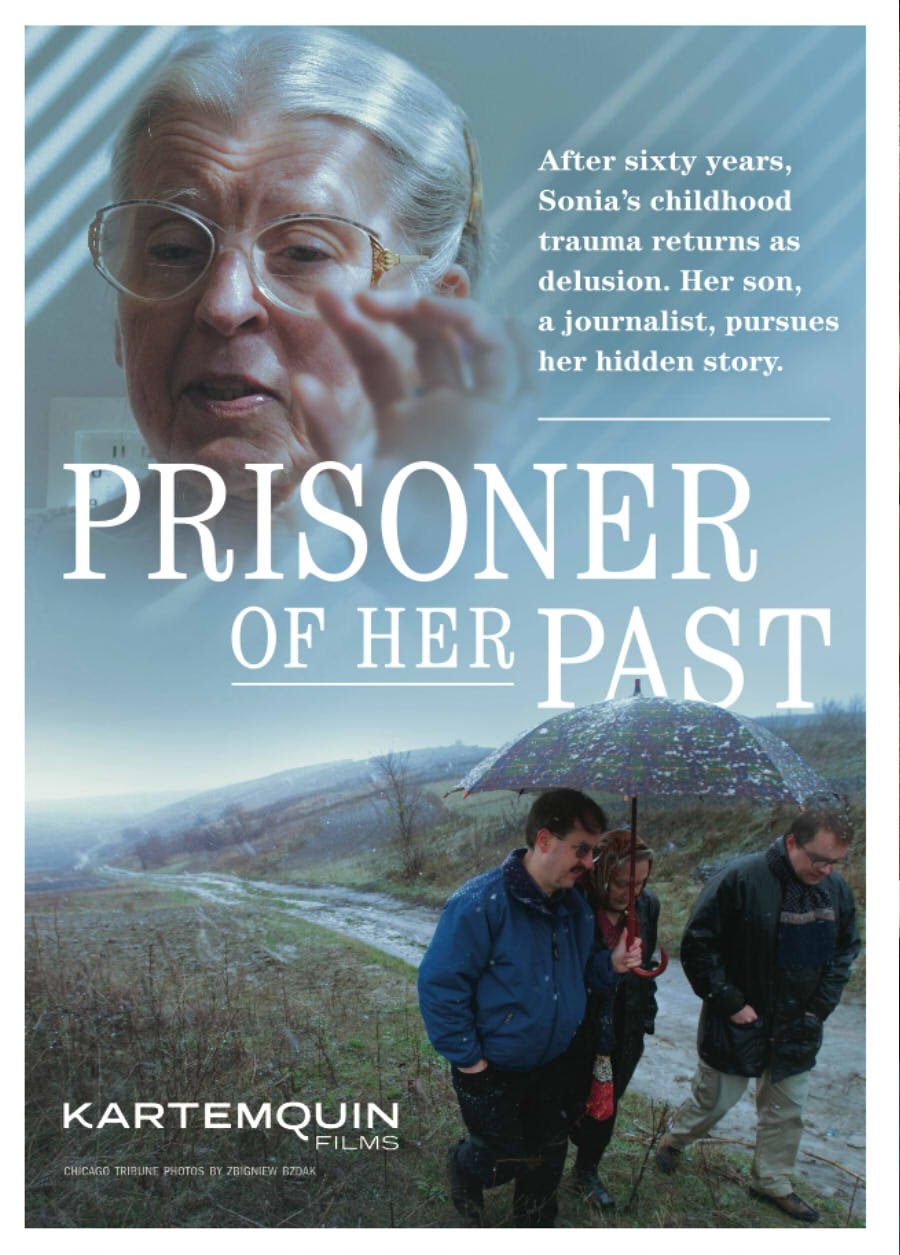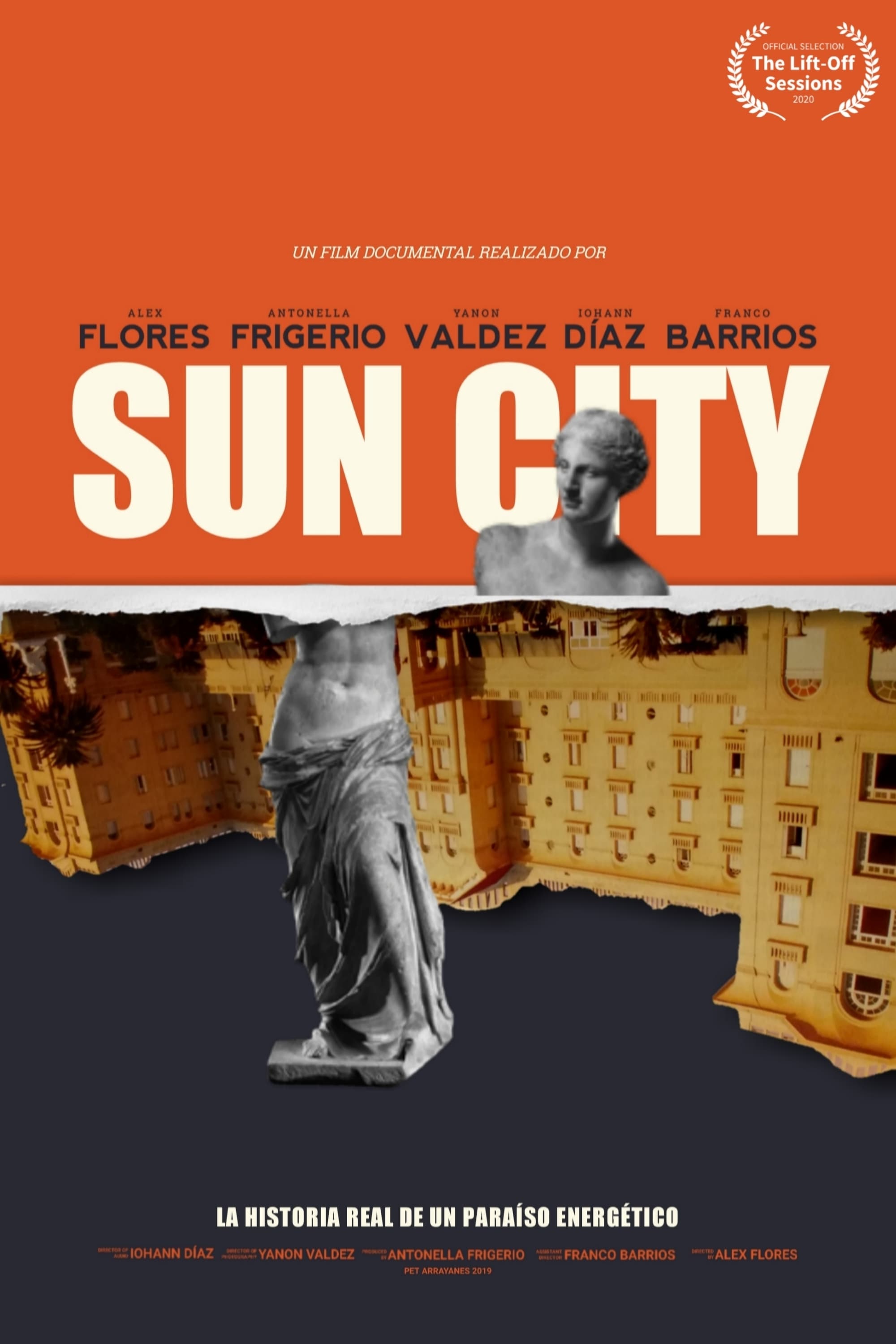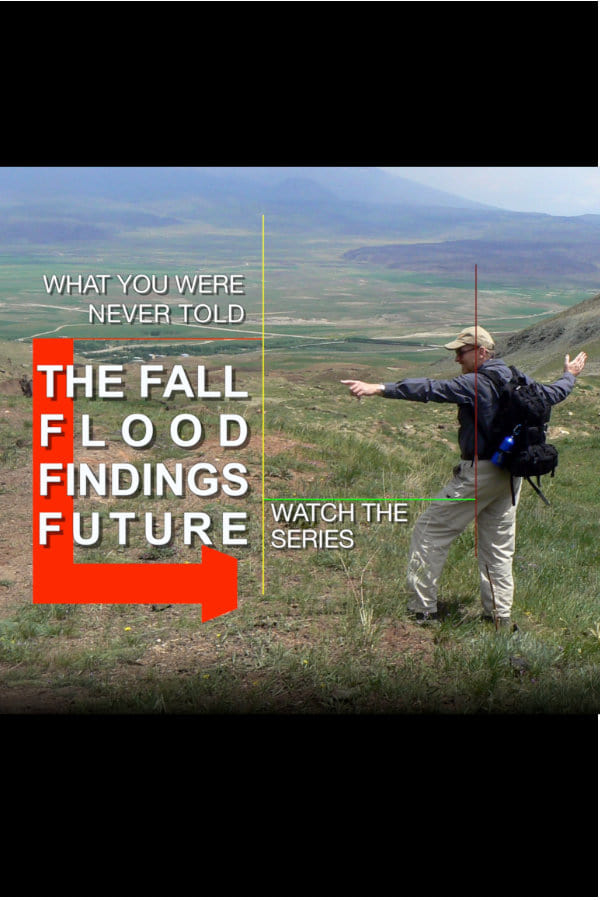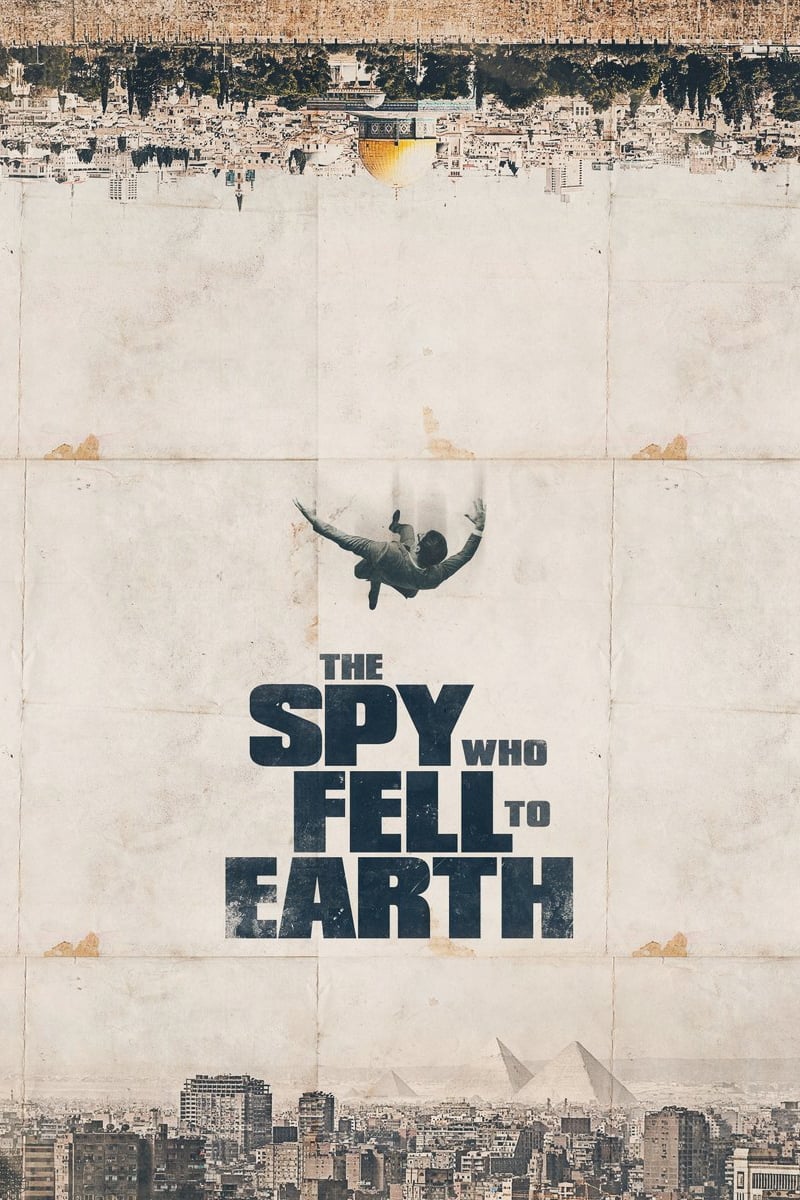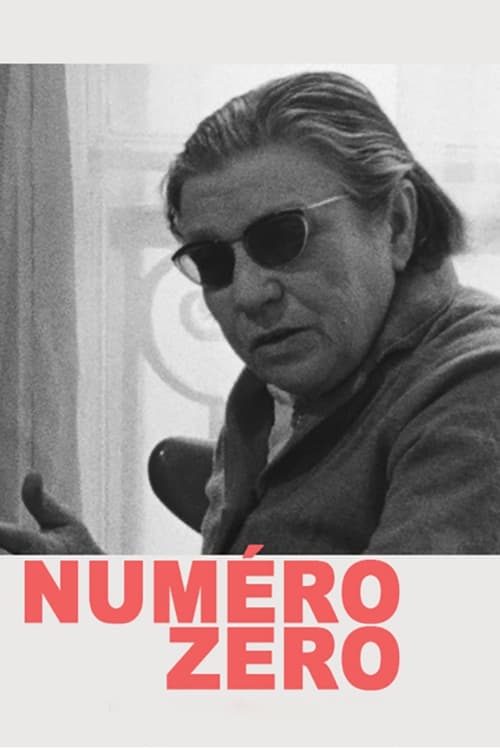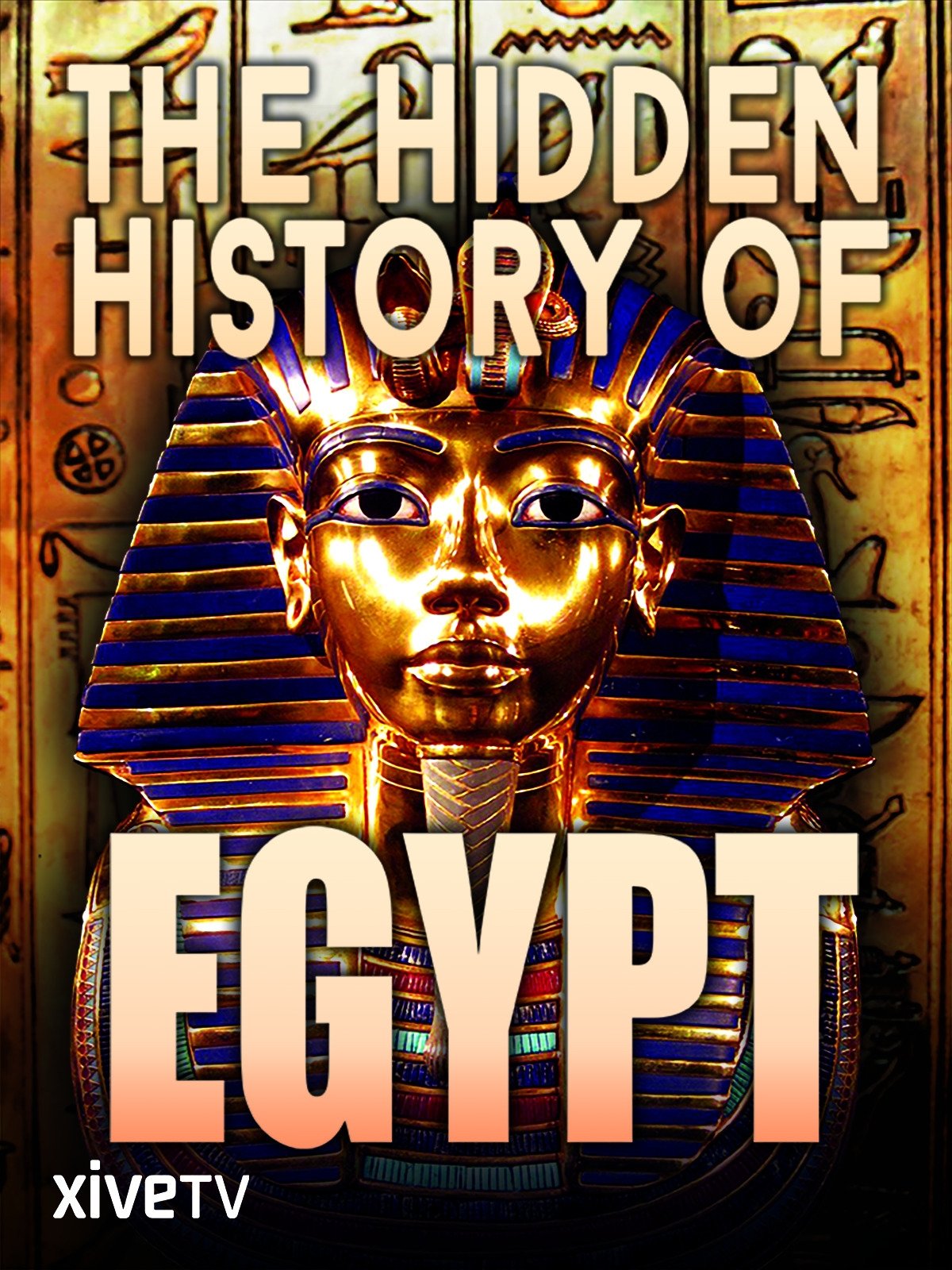
The Hidden History of Egypt (2002)
Overview
Egyptians were famed for their extravagant building techniques and extraordinary gods, but what about the ordinary citizens? How did they lead their day to day lives? What did they do for entertainment? Did they believe in their gods? Discover astonishing facts that throw new light on our understanding of the Ancient Egyptians.
Production Companies
Additional Info
| Budget | $0.00 |
|---|---|
| Revenue | $0.00 |
| Original Language | en |
| Popularity | 2.0026 |
Directed By
Phil Grabsky
TOP CAST
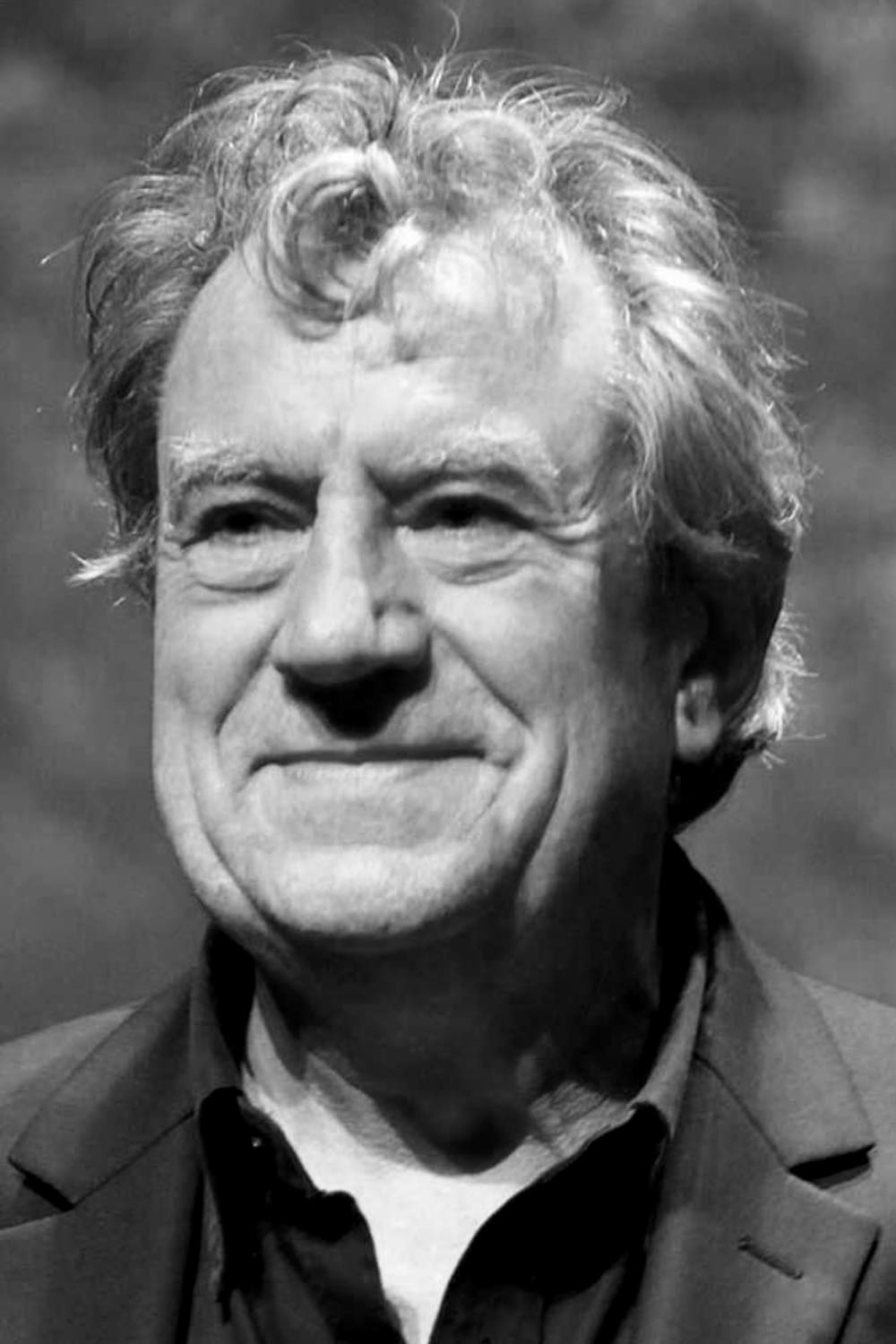
Terry Jones
Himself
Similar Movies
From the Earth to the Moon
Humankind has always dreamt of the night sky. Of the infinite freedom offered by the black void, and of the strong, shining beacon inviting us to ascend. This is a story, a history of the events that led up to our conquest of space, and the consequences throughout wider humanity. The film is a collage. Of genres, documentary and comedy. Of media, drawing from painting and film. Of films, cannibalising all film history. Of truth, both objective and subjective. Watch the small steps and let your mind take a giant leap.
Swimmers in the Desert
The true life story and adventures of László Almásy, the 'English patient', who crossed Africa in 1929 with the father of filmmaker Kurt Mayer: These events provide the motivation and outline for a critical journey through 'men's domains' in Cairo, London and Vienna. Navigation in the expanses of the memory - the dream of flying, documents from the war and of an unrequited love...
Four Women of Egypt
Four female friends from Egypt with opposing religious, social, and political views listen to one another's perspectives and argue openly, without ever breaking the bond that unites them.
The Exodus Revealed
During the Exodus, one of the most famous miracles of the Old Testament took place. More than 3000 years have passed since Moses led two million Israelites across the Red Sea and out of the bondage of Egypt. Christians, Jews, and Muslims throughout the world still embrace the accounts of this remarkable event. It is an epic that so fascinated Hollywood director Cecil B. DeMille that he made THE TEN COMMANDMENTS, twice. Now THE EXODUS REVEALED follows the footsteps of the children of Israel in an unforgettable journey of discovery. A journey that reveals physical evidence for the Exodus including: the remains of 3800 year old Hebrew settlements in Egypt's Nile Delta; Egyptian records of the Israelites bondage under Pharaoh; the precise route they may have followed to freedom; their crossing site on the shore of the Red Sea; and the location of Mt. Sinai. THE EXODUS REVEALED brings to light the first significant archaeological "find" of the 21st century.
This Is Halloween
Shock Docs: This is Halloween combines an impressive set of experts/historians and stars from many of the Travel Channel’s most popular series such as Ghost Nation, Destination Fear, Ghost Brothers, Kindred Spirits, Expedition Bigfoot, and The Holzer Files to reminisce on not only the history/origins of the holiday, but also recall their favorite memories of the celebrations, costumes, and scares.
Salonique, ville du silence
A fascinating, revealing, and poetic documentary exposing the disappearance, obliteration, and omission of a culture. The disappearance of a humanist equilibrium during the Ottoman Empire and the willful erasing of the nonconformist history of a city that did not adhere to the nationalistic ideology that turned the Balkans upside down and continues to do so. The ancient Jerusalem of the Balkans has become a forgotten city, a “judenfrei” city. Organized like a stroll around the urban environment and accommodating the words of survivors of the extermination camps of 1943, the film puts together fragments of memories and nostalgia to witness the exceptional past of the city. A Thessaloniki-born director tres to raise his own cinematic voice, to refuse the elimination and silence which are like a second death, more definitive than the first.
For the Palestinians
The film provides a historical overview of the history of the Palestinians between 1948-1974 and shows the living conditions of Palestinians in territories occupied by Israel since 1967.
Beyond Wiseguys: Italian Americans & the Movies
Documentary portrays the saga of how Italian Americans went from being outsiders who were stereotyped as gangsters in American movies to insiders in Hollywood who took control of their own stories. Interviews, film clips and home movies from Italian American filmmakers highlight personal experiences and comment on Hollywood's politics and cultural impact.
Flying Supersonic
Thundering across the sky on elegant white wings, the Concorde was an instant legend. But behind the glamour of jet setting at Mach 2 were stunning scientific innovations and political intrigue. Fifteen years after Concorde's final flight, this documentary takes you inside the historic international race to develop the first supersonic airliner. Hear stories from those inside the choreographed effort to design and build Concorde in two countries at once - and the crew members who flew her.
BORN ON 25TH OF JANUARY
From January 25 to May 27, 2011, the film tracks four months of the Egyptian revolution as seen through the director's eyes. January 25 is the beginning, but May 27 is not the end - because the revolution continues.
Titanic: Untold Stories
The gripping personal accounts of the people and the tragedy. In never-before-seen footage, we journey with historian Charles Haas, as he descends into the depths of the North Atlantic and guides us on a tour of the RMS Titanic. While recounting tales of triumph and struggle, we see among the many sites the doors where all passengers would have entered, peer through the porthole of a first class cabin, see the davits where the too few lifeboats hung and pause by the mail room where the postal workers heroically died. This unique footage coupled with letters, old stills, artifacts and new recreations tells the amazing human stories of this famous ship as never before.
Prisoner of Her Past
Sonia Reich- who survived the Holocaust as a child by running and hiding, suddenly believes that she is being hunted again, 60 years later.
Hit Parade of the Gay Nineties
Newsreel-type short about music from the 1890s making a resurgence in the '40s
Planetary Catastrophe
Prof. Robert Michelson takes you on a journey to a time when the Watchers roamed the Earth, corrupting it for their own pleasure and as an affront to its creator. So massive was this premeditated interference in God’s created order, that the Almighty used His creation to obliterate the monstrous works of corruption as well as the hands that created them. Learn why God would bring a great flood upon his world, and how such a flood of global impact might have been accomplished by God using only the forces of His own creation. See the physical evidence of the Great Flood and how it was recorded in eyewitness accounts. See the likely landing place of the Ark of Noah in the mountains of Urartu along the border between Turkey and Iran based not only on the ancient accounts of eyewitnesses, but on the physical evidence (actual artifacts) existing today. Finally, learn how ancient Egypt played a central role in the events just prior to, and immediately after the Great Flood.
The Spy Who Fell to Earth
Based on Dr. Ahron Bregman's book, this documentary examines the life and mysterious death of Ashraf Marwan, an Egyptian billionaire and double agent.
Numéro zéro
A family portrait in which the director profiles his grandmother, Odette Robert. Eustache includes in the film the conditions of its production — he is seated at the table with her, pours her some whiskey, speaks with the camera operator, manipulates the clapboard at the head and tail of the reels, and even takes a phone call. Robert, who was seventy-one, speaks rapidly and tells the story of her life, starting from her early childhood in villages in the Bordeaux region of France. A shorter version of the film ("Odette Robert") was edited in 1980 to be broadcast on television on TF1. The complete film only gained exposure in 2002, when it was salvaged by Boris Eustache, Thierry Lounas, João Bénard da Costa, Jean-Marie Straub, and Pedro Costa.
